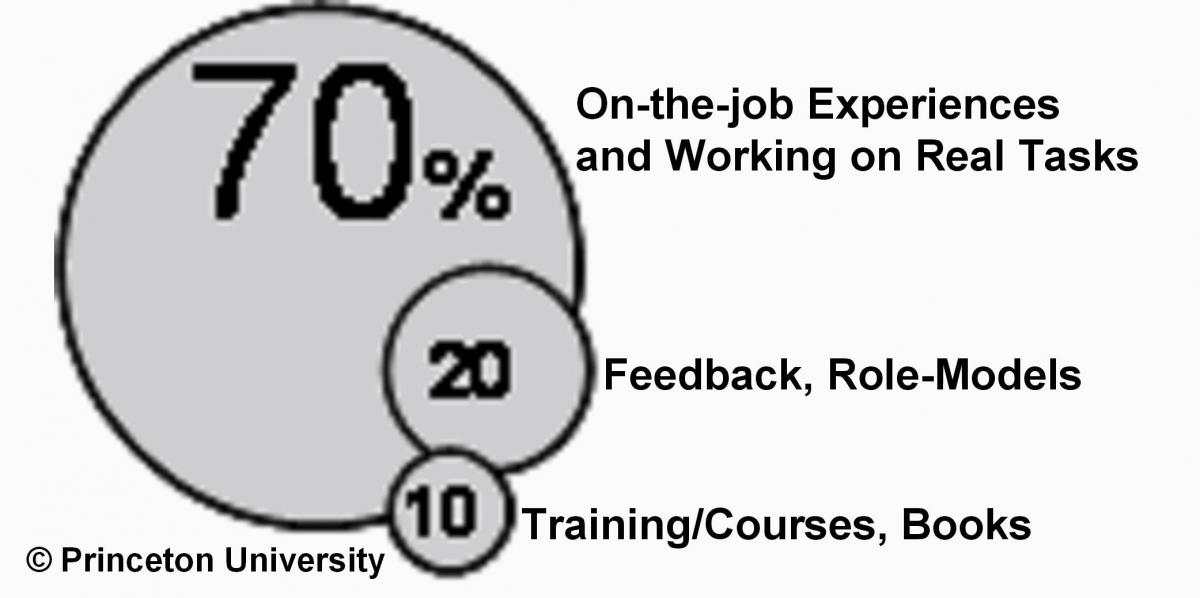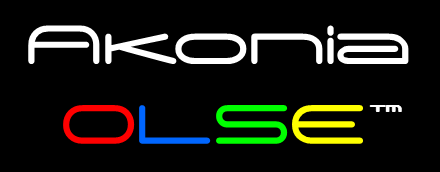Ongoing Learning Support Environment
Ongoing Learning Support Environment
The platform for your Informal Learning strategy
“Better than a thousand days of diligent study is one day with a great teacher.” (Japanese proverb)
As 90% of your learning actually takes place outside the formal training environment, it seems obvious that you should be encouraging your organisation to implement an OLSE and invest in your most valuable asset - your employees. By providing them with an OLSE to expand their knowledge and skills you strengthen your organisations capabilities and market position.
Where are you investing your L&D budget?

Research by Princeton University into how we learn lead to the 70/20/10 formula. This states that 70% of learning and development takes place from real-life and on-the-job experiences, tasks, and problem solving; 20% comes from feedback and from observing and working with role models; BUT only 10% of learning and development comes from formal training.
What is Informal Learning?
According to Jay Cross, author of Informal Learning published by Pfeiffer, “informal learning is the unofficial, unscheduled, impromptu way people learn to do their jobs.”
Today, before you meet a prospect, you “Google” them to learn more about who they work for and what they do. You surf a dozen web pages; downloaded and read a PDF; listen to a podcast and watch a vodcast.
This is informal learning.
The conversations you have over coffee; research you conduct on your competitors; attending new product presentations; quarterly company performance update meetings; the assistance you receive from a colleague when you can’t create a Pivot table in a spreadsheet; collaborating with your colleagues to solve a customers problem with an elegant solution.
These are all forms of informal learning.
What is an OLSE?
At Akonia we have coined the term ‘ongoing learning support environment’ (OLSE) with its emphasis on a continuous learning environment that encourages our natural propensity for informal learning and supports it through the use of Web 2.0, Mobile, and Information Management technologies.
The Strategy:
In order for an OLSE to be successful, you must have a strategy and the commitment to capture knowledge within your organisation and a willingness to disseminate it amongst your employees.
The Platform:
By implementing an environment built upon Learning Management System (LMS), Content Management (CM) and Document / Knowledge Management (DM/KM) software, you will provide your employees with the latest tools and methods for capturing as well as imparting knowledge.
Benefits of an OLSE:
An OLSE
- provides an environment where your Subject Matter Experts (SMEs) are encouraged to share their knowledge and help others become experts themselves and apply this knowledge to other situations.
- helps raises the self-esteem of the SMEs by recognising their expertise.
- dramatically improves the speed and spread of knowledge to disparate groups of employees throughout your organisation.
- increases your employee retention by showing them they are valued and looked after in your organisation.
- captures and catalogues business knowledge, and guarantees it is retained within your organisation, even if your SMEs leave.
- facilitates the adage that “many hands make light work” through the collaborative power of many employees working together to solve problems with innovative solutions.
- improves the quality of client solutions resulting in lower support overhead and increased client satisfaction leading to repeat and referral business.
- enables easy access (24/7/365) to that knowledge through the latest communication channels for your time-starved employees.
- can be used as part of your continuous professional development (CPD) strategy.


